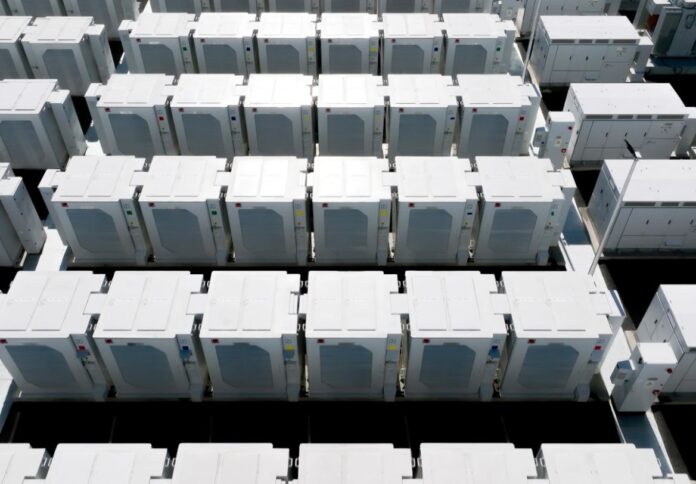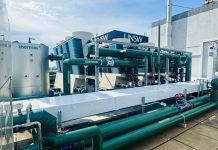
Victoria is getting an additional 150-MW energy storage capacity with a new big battery installed at the former coal-fired power station in Hazelwood, Gippsland.
Produced through a collaboration between ENGIE, Eku Energy, and Fluence, the Hazelwood Battery Energy Storage System (HBESS) has the capacity to power approximately 75,000 households in Victoria for an hour during the evening peak.
The new battery marks a significant milestone in the transformation of the Hazelwood site from a former coal-fired power station into an active participant in Victoria’s renewable energy future.
As part of its plan to achieve 95 per cent renewable energy by 2035, the state of Victoria seeks to establish at least 2.6 GW of energy storage capacity by 20230 and at least 6.3 GW by 2035.
The state is already home to Australia’s largest utility-scale batteries, which include the 300-MW Victorian Big Battery, the largest lithium-ion battery in the southern hemisphere.
Victoria’s pipeline of big batteries includes a 100-MW battery with grid-forming inverters in Terang, a 125-MW lithium-ion big battery supported by the Renewable Energy Zone, and four batteries totalling 365 MW that are part of the Victorian Renewable Energy Target auction.
“We’re leading the nation in our investment in battery and energy storage projects, from the biggest of big batteries to the smallest household units, which will all help us deliver more secure, affordable renewable energy,” Minister for Energy and Resources Lily D’Ambrosio said during the launch of HBESS on Wednesday.
“Our nation-leading energy storage targets are ensuring that Victoria continues to attract industry investment and collaboration opportunities like this,” she added. “The Latrobe Valley has been the home of Victoria’s energy generation for decades and new investment in technologies like this will help solidify its role in our renewable energy future.”
Victoria’s State Budget 2023/24 has allocated $42.2 million to install 100 new neighbourhood batteries at targeted locations across the state. This would triple the number of homes with access to a battery and provide crucial extra storage capacity for local communities.




















